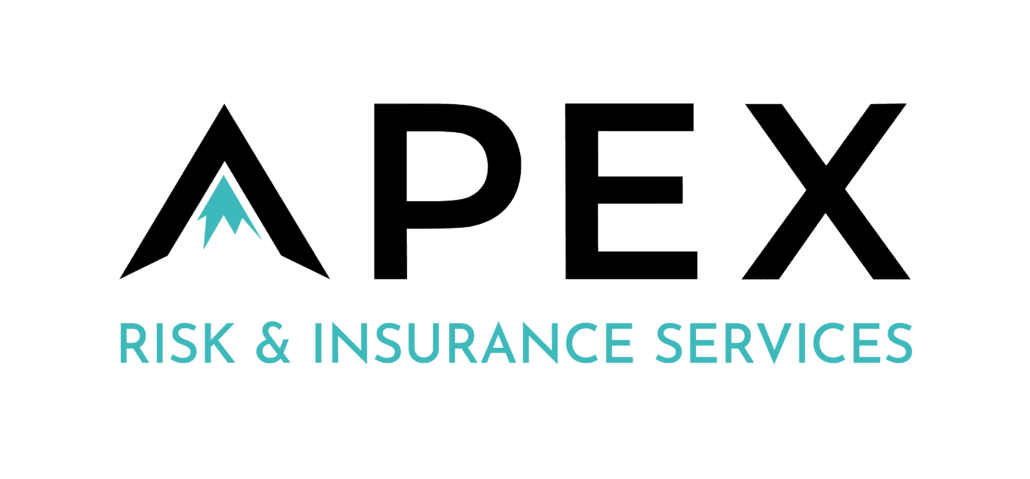Investing in Commercial Real Estate? Here’s Why You Need Insurance
Investing in commercial real estate can be a great opportunity for financial growth, but it also comes with risks. To protect your investment and minimize potential losses, it’s important to understand why insurance is crucial in the commercial real estate world.
In this blog post, we’ll explain why insurance matters for commercial real estate investors and highlight key reasons why you need insurance coverage.
Protecting Your Property Investment
When you invest in commercial real estate, you’re putting a lot of money into a physical asset. Insurance provides protection against various risks that can damage or destroy your property, such as fires, storms, vandalism, or theft. Having the right insurance coverage gives you peace of mind, knowing that your investment is financially safeguarded.
Liability Coverage
As a commercial property owner, you have a legal responsibility to ensure the safety of tenants, visitors, and the public. Accidents can happen, and if someone gets injured on your property, you could be held responsible for medical expenses, legal fees, and potential lawsuits. Commercial property insurance includes liability coverage that helps protect you in such situations. It provides financial support for legal defense costs and potential settlements or judgments.
Income Loss Protection
If your commercial property becomes temporarily unusable due to a covered incident like a fire or water damage, your rental income may stop. This loss of income can significantly impact your finances. However, insurance coverage for income loss, also known as business interruption insurance, can provide compensation for the income you would have earned during the period of restoration.
Safeguarding Against Tenant-Related Risks
Commercial real estate often involves leasing space to tenants. While tenants can provide a steady income stream, they can also bring potential risks. For example, a tenant may cause damage to the property or fail to meet lease obligations, leading to financial losses. Insurance policies like tenant default insurance or rent guarantee insurance can protect you against tenant-related risks, covering unpaid rent or tenant-caused property damage.
Mitigating Environmental Risks
Commercial properties may face environmental risks such as pollution or hazardous material incidents. Dealing with environmental liabilities can be expensive and may result in legal consequences. Environmental insurance can provide coverage for cleanup costs, legal fees, and damages caused to third parties due to pollution incidents. This insurance helps you navigate environmental risks effectively.
Types of Insurance Coverage
When it comes to protecting your commercial real estate investment, there are different types of insurance coverage available to consider. Let’s take a closer look at two important types of coverage and how they play a role in safeguarding your investment:
Property Insurance
Property insurance is like a safety net for your building. It covers physical damage caused by various risks such as fires, storms, vandalism, or theft. If any of these unfortunate events occur, property insurance helps cover the costs of repairing or rebuilding your building. This type of coverage is crucial because it ensures that your investment remains financially protected, allowing you to recover from unexpected setbacks.
General Liability Insurance
General liability insurance is designed to protect you from third-party claims that may arise from accidents or injuries that occur on your property. As a commercial property owner, you have a legal responsibility to ensure the safety of tenants, visitors, and the general public. If someone gets hurt on your property and holds you responsible, general liability insurance can provide financial support for legal defense costs, medical expenses, and potential settlements or judgments. It acts as a shield against lawsuits that could otherwise lead to significant financial losses.
These two types of insurance coverage work hand in hand to provide comprehensive protection for your commercial real estate investment. Property insurance focuses on safeguarding your building from physical damage, while general liability insurance offers financial support and peace of mind by covering legal and medical expenses related to accidents or injuries that occur on your property.
It’s important to understand that insurance coverage needs may vary depending on the size and nature of your commercial property. Consulting with an insurance professional who specializes in commercial real estate can help you determine the specific coverage you need to adequately protect your investment.
By having the right insurance coverage in place, you can minimize financial risks and confidently navigate the world of commercial real estate investment, knowing that your property and liabilities are well protected.
Final Notes
Investing in commercial real estate presents excellent opportunities, but it’s crucial to protect your investment from unexpected setbacks. Insurance serves as a safety net, shielding your property, income, and liabilities. By understanding the importance of insurance in commercial real estate and obtaining suitable coverage, you can minimize financial risks and confidently navigate the world of commercial real estate investment.
Remember to consult with an insurance professional specializing in commercial real estate to assess your specific needs and find the right insurance policies that match your investment goals and risk tolerance. With proper insurance coverage in place, you can invest in commercial real estate with confidence and focus on maximizing the rewards of your investment journey.
Still Not Sure Which Liability Insurance is Right for You?
At Apex Risk & Insurance Services, we want you to know and understand your options. We prioritize transparency and provide custom solutions to meet your insurance needs.
Reach out to us today. Then, read on to learn more about the difference between professional liability insurance and errors and omissions (E&O) insurance.




